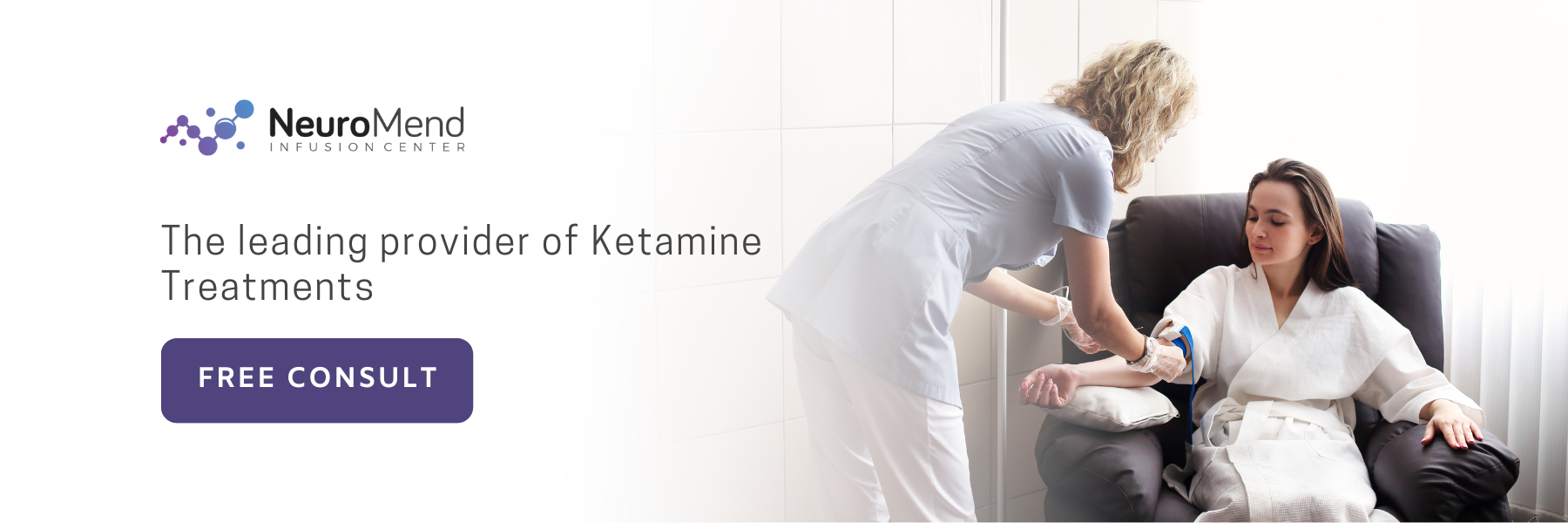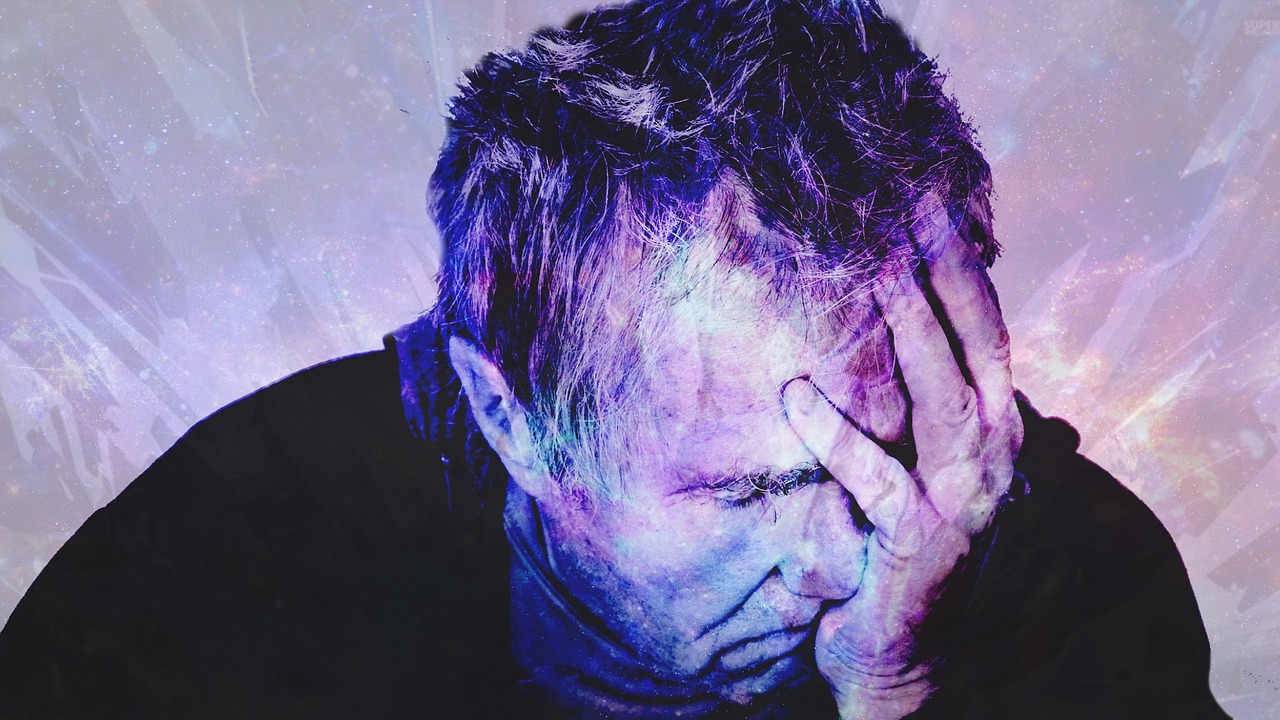Ketamine Gets ALLL the Reactions
With all of the chatter about ketamine and its treatment of refractory depression, as well as chronic migraines, comes excitement, curiosity, doubts, and criticism - from both patients and healthcare providers alike. "It's really fascinating," says one doc, while another quips, "but it doesn't last long enough!" It's been deemed "the most exciting development in mental health" by some, while others express legitimate concerns about the long term effects of ketamine use. "Do they really send people down the k-hole!?," someone asked me last week. (The answer is NO. The dose administered is subanesthetic and subdissociative. Read more here. )
When anything or anyone new and different arrives on the scene, isn't this the way humans typically respond? That which challenges the status quo usually evokes discomfort and fear.
But Aren't My Concerns Legitimate?
Depending on your age, your background, and your culture, you may have no prior knowledge of ketamine infusions, or you might associate it with hallucinations, drug abuse, or other unsavory images. Concerns about the use of ketamine to treat depression are legitimate and include the drug's potential for abuse/dependence and the long-term safety of the treatment, as not enough longitudinal data has been aggregated.

Ketamine is on the World Health Organization's List of Essential Medicines and has a remarkably safe track record when used in clinical settings. The dosage of ketamine administered for the treatment of refractory depression is about half- to one-third the amount you would receive during a surgical procedure. The dosage is subdissociative and subanesthetic, administered at a low dose and a slow rate (45-55 minutes).
The Outcomes are Pretty Incredible
Research on the efficacy of ketamine infusion therapy for the treatment of depression was first published in 2000 and continues today, with clinical trials in progress and outpatient clinics popping up across the U.S. Empirical evidence is there, with some research outcomes suggesting up to a 78% success rate.
Learn more about CBD and Ketamine work together to treat depression.
If the Ketamine Works, Then What...?
Ketamine infusion therapy offers relief to people with treatment resistant depression, or those for whom standard treatments - i.e., multiple antidepressants - have not been effective. Such patients are often unemployed due to their depression, barely able to function, and potentially suicidal. They are unable in this condition to exercise, eat healthy, and nurture friendships, much less engage in the therapeutic process with a counselor.
The hope and intention in providing ketamine to the severely depressed is that, in experiencing relief from depression, patients will be able to function again and actually engage in healthy, therapeutic activities and processes - processes that equip them to cope more effectively next time depression rears its ugly head. Post-ketamine infusion therapy is an ideal time to see a counselor, start journaling, schedule quality time with a friend, join a health club, or practice yoga and meditation.
Take a few minutes to listen to this compelling interview about ketamine on NPR:










